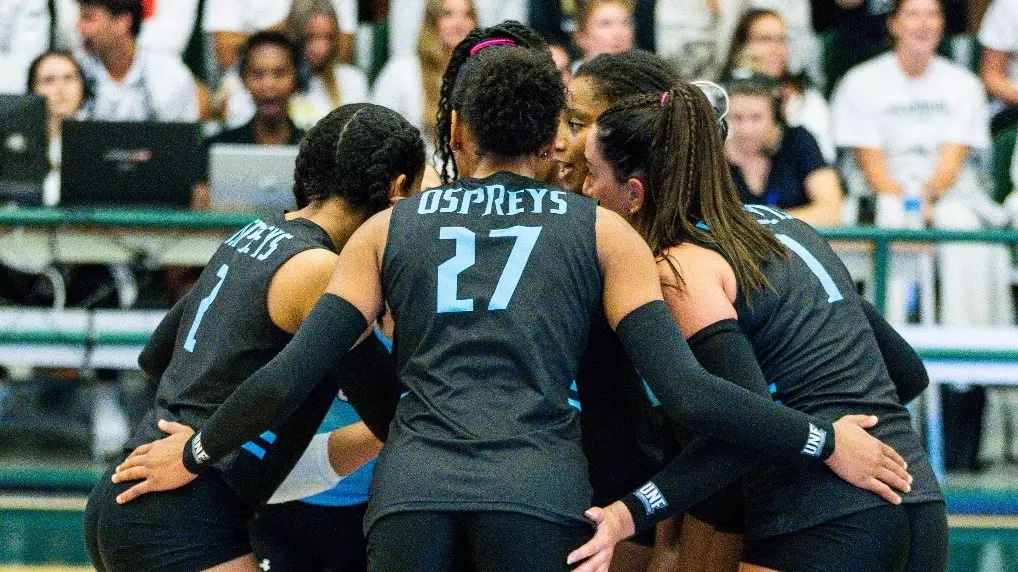By Melody Hopkins
Universities across the nation are enforcing a graduation guarantee that requires incoming freshmen to adhere to an agreement that they will graduate from their specified college with a degree within four years.
A major reason why 15 universities are implementing this four-year plan is to hold students responsible for graduating on time. Students who do not comply may lose their financial aid the fifth year.
Jess Coker, dean of undergraduate studies at UNF, said the university is not leaning toward a four year guarantee but timely graduation is still important. Coker also said it is good for students to frame their college experience early on.
“We’re here to prepare the students for life after college, and not graduating on time is only hurting the student,” said Coker. “If our students are successful in terms of graduation and finding opportunities after graduation, it will benefit UNF in the long run.”
Similarly, UNF has created a four-year plan of its own for students. This plan lays out a path for graduation within four years and is distributed to incoming freshmen, but does not require commitment. The “My Osprey Map” is another resource given to students with the hopes of raising graduation rates.
UNF administration has not had a conversation specifically about a graduation contract, but the map is its approach to pushing students to stay focused on the four-year mark.
“The standard path at UNF is the four-year degree,” Coker said.
UNF is implementing a first-year development program aimed at helping freshmen adapt to college early on.
“We all know it starts in that very crucial first year,” Coker said.
Faculty and advisers at UNF find it important to place students within their majors quickly to allow them time to build relationships with professors and students within that major, Coker said.
The rate of students who graduate with a degree within four years has remained right below 50 percent for over 20 years now, according to the UNF Institutional Research Pocket Fact Book.
“The general agreement is that we want it to be higher,” Coker said. “We’ve taken quite a few steps to improve the graduation rate.”
Graduation rates have been lower across the state, not just at UNF, Coker said.
Some students are concerned about the effect this proposal would have on transfers.
“I think a graduation contract would put too much pressure on students and would affect those wanting to transfer to a different school or if they changed majors,” said Catie Bibbens, a UNF psychology junior.
Why do colleges feel students need to adhere to a graduation guarantee in order to graduate on time?
“An education at UNF is quite affordable as opposed to a private university,” Coker said, “and it makes it easier to take an extra semester or two to complete degree requirements.”
Cherie Michaud is a fifth-year senior at UNF and is a semester behind because of a long recovery from surgery her freshman year. Michaud believes UNF should look at unique circumstances when calculating graduation rates.
There are benefits to staying in school longer, however.
“Honestly, I think staying this extra semester gave me opportunities to get involved on campus, like my internship,” Michaud said. “I’m truly blessed I did stay because I love my internship.”
Other students see the benefits of the proposed agreement.
“I think it’s productive for schools to have a graduation guarantee,” said Taylor Rodd, a UNF freshman. “I wouldn’t be discouraged. It would give me more of an incentive, a financial incentive,” Rodd said.
















